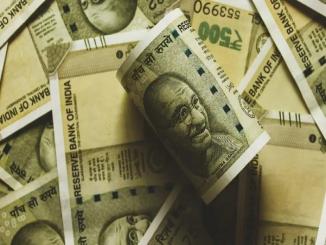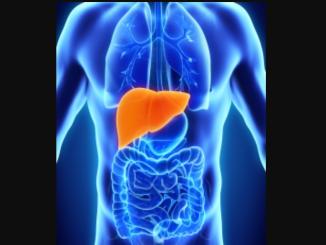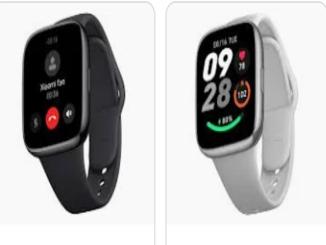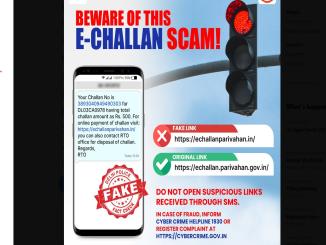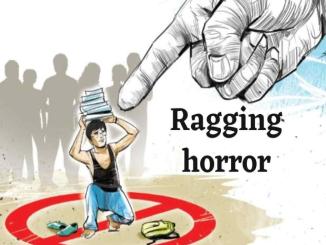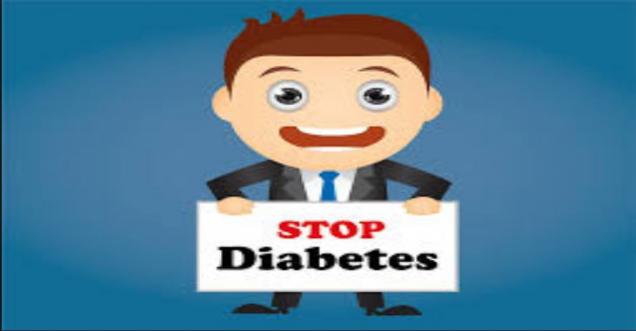
Blood sugar high and lows
Blood sugar is the amount of glucose in your blood. Glucose is your body's main source of energy. High blood sugar, also known as hyperglycemia, occurs when your blood sugar levels are too high. Low blood sugar, also known as hypoglycemia, occurs when your blood sugar levels are too low.
High blood sugar can be caused by:
- Eating too much food or eating the wrong foods
- Not taking enough diabetes medication
- Illness or infection
- Not getting enough exercise
- Stress
Low blood sugar can be caused by:
- Taking too much diabetes medication
- Not eating enough food or missing a meal
- Exercising too much
- Drinking alcohol
Symptoms of high blood sugar can include:
- Increased thirst
- Increased urination
- Fatigue
- Blurred vision
- Slow-healing sores
- Fruity breath
- Drowsiness
- Confusion
- Seizures
Symptoms of low blood sugar can include:
- Shakiness
- Sweating
- Fast heartbeat
- Anxiety
- Dizziness
- Extreme hunger
- Weakness and tiredness
- Irritability
- Confusion
- Seizures
Both high and low blood sugar can be serious, but low blood sugar is considered more dangerous. If you experience symptoms of low blood sugar, it is important to treat it right away. You can treat low blood sugar by eating or drinking something sugary, such as glucose tablets, candy, or juice. If you have diabetes, you may also need to take a dose of glucagon, which is a hormone that raises blood sugar levels.
If you have diabetes, it is important to monitor your blood sugar levels regularly and to follow your doctor's treatment plan. This will help you to keep your blood sugar levels in a healthy range and prevent complications.
Here are some tips for managing high and low blood sugar:
- Eat regular meals and snacks.
- Choose foods that are low in sugar and high in fibre.
- Exercise regularly.
- Take your diabetes medication as prescribed by your doctor.
- Monitor your blood sugar levels regularly.
- Know the symptoms of high and low blood sugar and how to treat them.
- Talk to your doctor about any concerns you have about your blood sugar levels.





